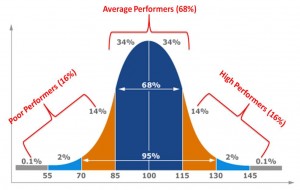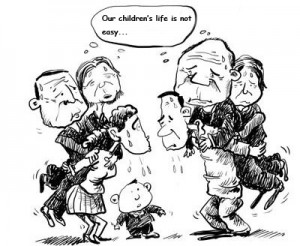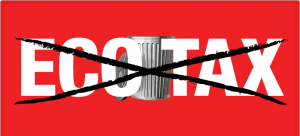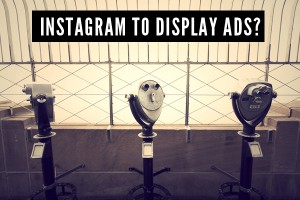Comment on Nicole Lam’s post: https://blogs.ubc.ca/nicolelylam/2013/11/16/hm-sells-inside-their-changing-rooms/
H&M has recently come up with a completely brand new idea in the form of “try and buy” that would allow customers to purchase the products straight from the fitting areas. In her blog post Nicole argues this new strategy that H&M is trying to implement, which is supposed to help them grow and boost their profitability, would in fact backfire on them and the opportunity cost would lower the demand for their product and the traffic in the store would decrease.
However, I do not completely agree with her is that I do not believe this idea will backfire them, I believe that this new tactic is going to greatly benefit the company. This “try and buy” tactic means there will be more cashier in the shop which means there will be smaller queues in the store which is likely to attract new client as they see no queue therefore they will think that they won’t have to stand in line for a long time before reaching the cashier. This is likely to create a HIGHER traffic which will create a higher demand leading to higher profits.
Source: https://blogs.ubc.ca/nicolelylam/2013/11/16/hm-sells-inside-their-changing-rooms/









